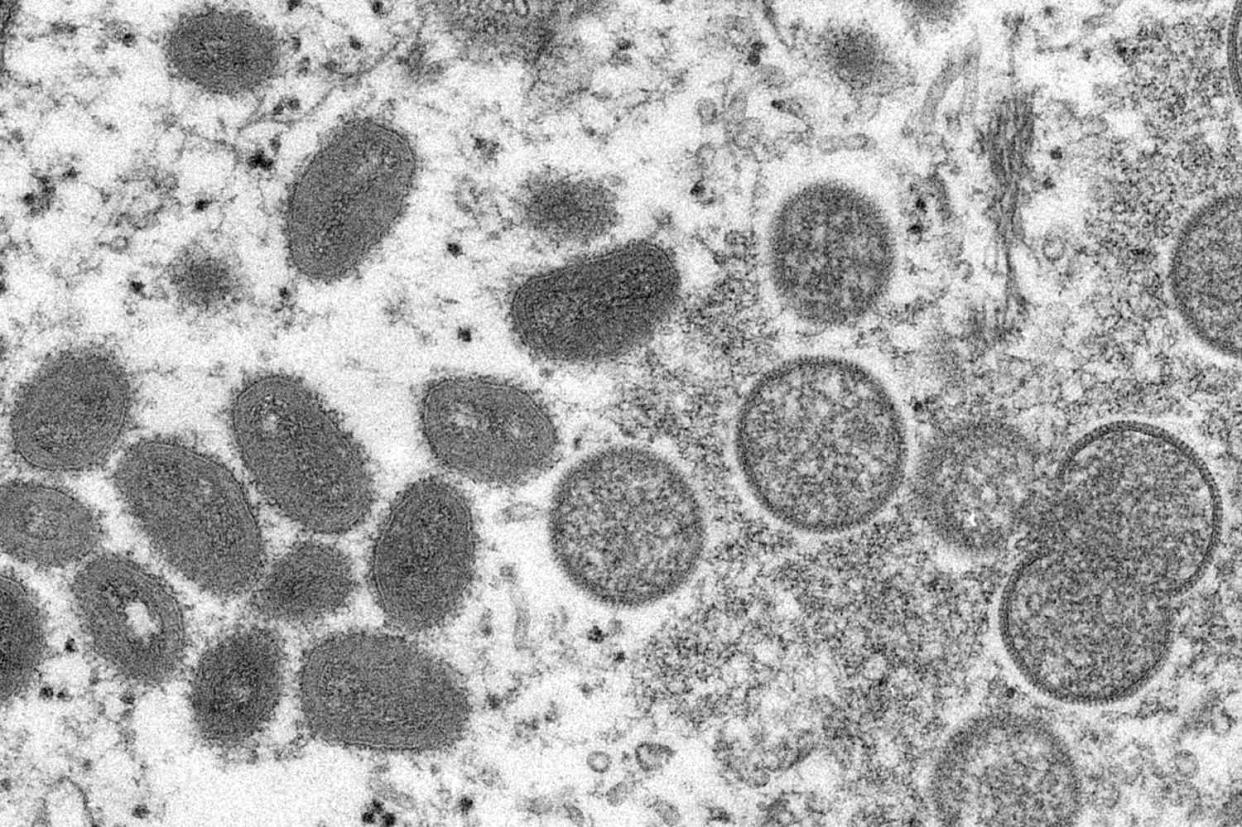Mpox Will No Longer Be Declared a Public Health Emergency in January

- Oops!Something went wrong.Please try again later.
Cynthia S. Goldsmith, Russell Regner/CDC via AP Monkeypox virions
The government will end its public health emergency for mpox in January, according to the U.S. Department of Health and Human Services. (The World Health Organization renamed monkeypox as mpox last month, stating that the original name was discriminatory and stigmatizing.)
In a press release, HHS Secretary Xavier Becerra announced Friday that the public health emergency declaration for mpox will not be renewed following a significant decline in cases.
As of Friday, there have been 29,630 reported mpox cases and 19 reported mpox deaths across the country, according to the Centers for Disease Control and Prevention. However, the country is seeing an average of seven reported cases per day compared to a peak of over 600 reported cases per day in August, CNN reports.
"Given the low number of cases today, HHS does not expect that it needs to renew the emergency declaration when it ends on January 31, 2023," Becerra said in a statement. "But we won't take our foot off the gas – we will continue to monitor the case trends closely and encourage all at-risk individuals to get a free vaccine."
Never miss a story — sign up for PEOPLE's free daily newsletter to stay up-to-date on the best of what PEOPLE has to offer, from juicy celebrity news to compelling human interest stories.
"As we move into the next phase of this effort, the Biden-Harris Administration continues working closely with jurisdictions and partners to monitor trends, especially in communities that have been disproportionately affected," he continued.
The Biden administration first declared the virus a public health emergency in early August following criticism for the government's lack of response.
At the time, the government announced it would increase testing for the virus and stretch the nation's limited supply of the vaccine.

